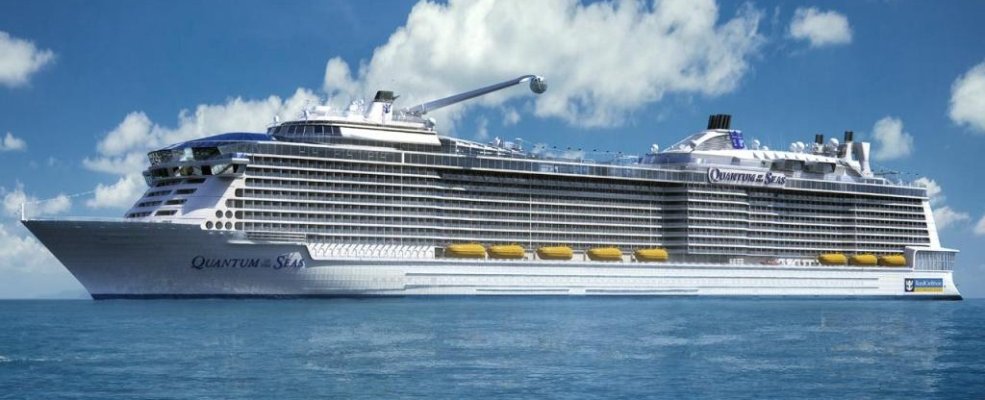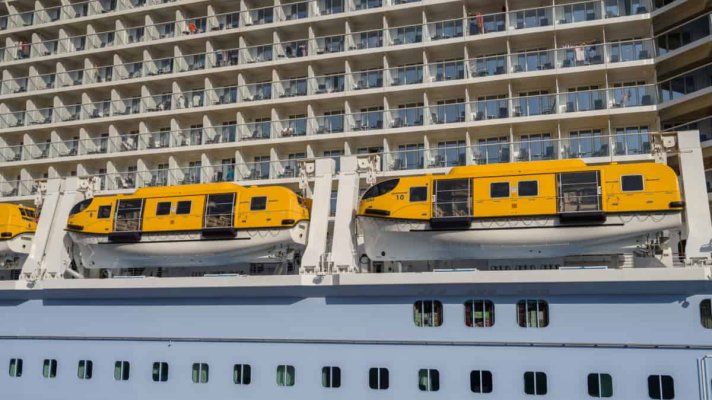Contained in the article you linked to: "Nobody was injured as a result of the fire" There are lots of reasons to avoid a cruise but fear of death or injury in a fire is NOT one of them. They are built with fire resistant materials, staffed with hundreds of people trained in fire safety, have fire hoses throughout the ship, sprinklers everywhere, and have hourly watches checking every area of the ship. You are at a MUCH greater risk of fire in a residential building.
As for lifeboat capacity, all cruise ships follow the Safetly Of Life At Sea Convention which mandates that there is enough life boat/raft capacity for 125% of the ships occupants, however I do not recall the last time a cruise ship deployed life boats. It was probably the Costa Concordia, which was due to human error, which can happen in any mode of travel. ( You stated 10-12 lifeboats on each side...11 lifeboats per side could hold 3,300 people ) According to Forbes, you are almost 1 million times less likely to die in a cruise ship than an automobile*.
There are a lot of reasons not to go on a cruise. Safety is not one of them.
*
https://www.forbes.com/sites/laurab...after-child-dies-cruise-ship/?sh=4258bf631475
) plus crew.







